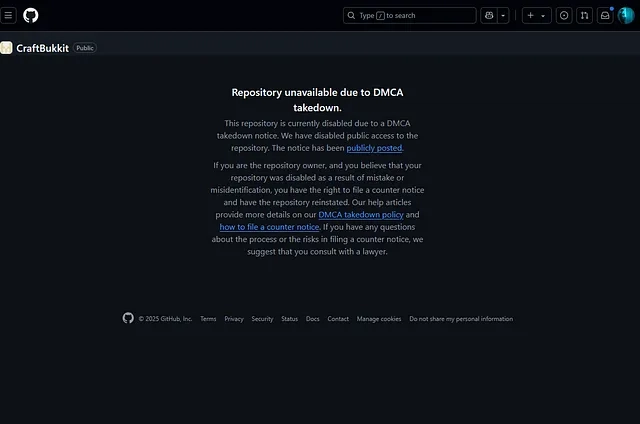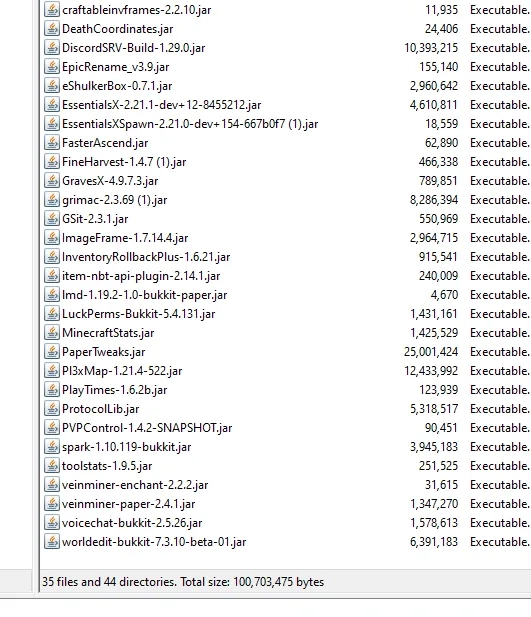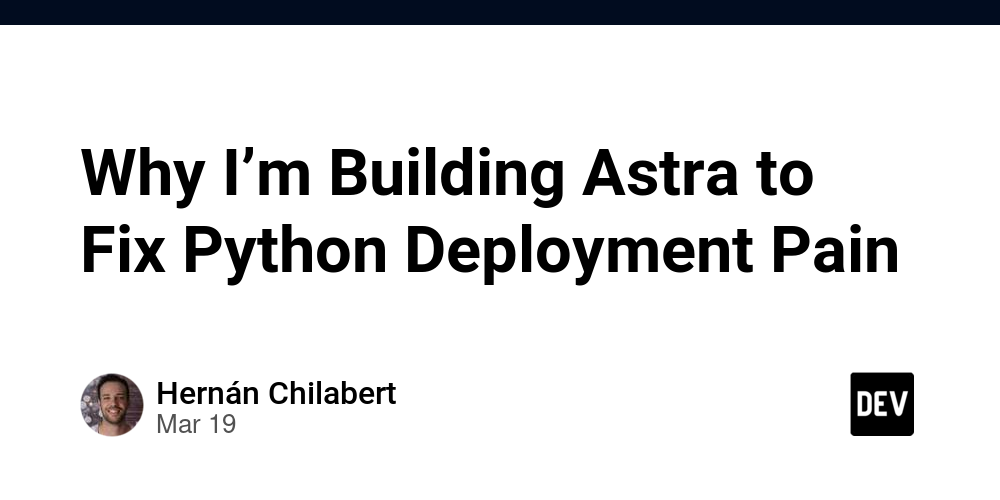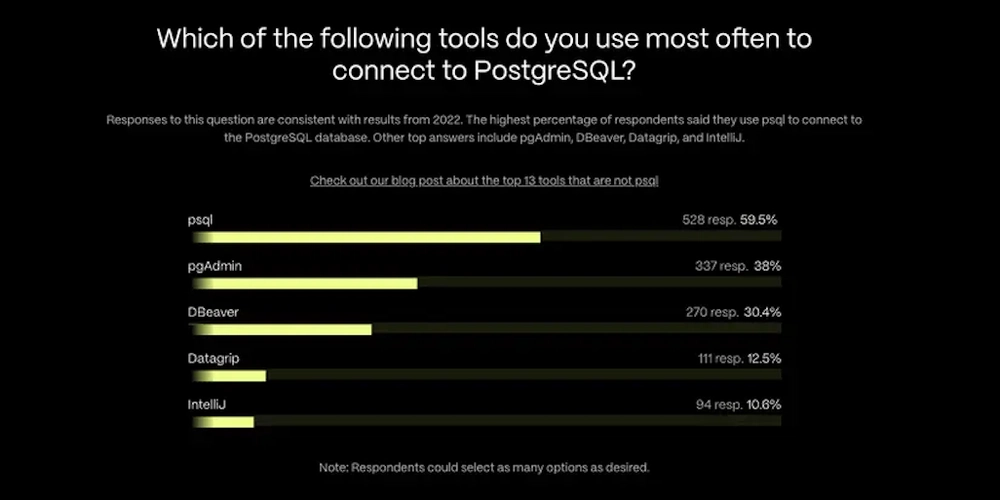The PaperMC Hard Fork
Pictured: A herobrine statue built on the UT Austin Minecraft server because I thought it looked cool On December 13, 2024, PaperMC officially announced a major restructuring of its project infrastructure, initiating a hard fork from Spigot, the upstream server software it had previously built upon. This brief essay hopes to inform on the recent news. Context (Minecraft server software lore) Visiting the Bukkit repository today nets you this takedown notice. Minecraft multiplayer spans a wide range of experiences from massive public servers like Hypixel to small survival worlds shared among a few school friends. All of these multiplayer environments are powered by server software, which runs the game logic, manages player connections, and supports customizations through plugins or mods. Server software such as Bukkit, Spigot, and PaperMC allows administrators to extend Minecraft’s core functionality , adding commands, mini-games, permissions systems, and performance optimizations . PaperMC originated as a fork of Spigot, which itself forked from Bukkit. Around 2014, Bukkit was eventually removed from GitHub due to a complex series of legal tensions involving the developers, Mojang, and the Minecraft plugin community, though that’s a simplified explanation (another paper on that soon!). Since then, Paper and Spigot have existed as two of the primary options for hosting a Minecraft server, with Paper introducing many features, most notably performance optimizations. The hard fork in December 2024 marked the end of this dependency. PaperMC developers cited the limitations imposed by Spigot’s closed development model as a key reason for the change. because Spigot’s update process remained closed source, with new Minecraft versions and API features developed behind closed doors. This hindered PaperMC’s ability to begin work on snapshots, pre-releases, or experimental builds until Spigot had released their internal updates. It’s important to note, briefly, the reason behind Spigot’s private state, stemming back to the aforementioned Bukkit DMCA drama. As a legal workaround, Spigot introduced BuildTools, requiring users to locally generate server jars. PaperMC Paper currently holds a dominant share of the Minecraft server software ecosystem, particularly for recent versions. Estimates based on plugin statistics (e.g., bStats) suggested Paper accounted for 85–90% of usage on modern Minecraft builds. Given this disparity, most active plugin developers prioritized Paper compatibility. Some developers formally dropped Spigot support, focusing instead on Paper’s API and transitioning projects, such as hyperdefined’s ToolStats plugin. Others discontinued legacy plugins entirely, citing the reduced relevance of backward compatibility under the new model. While Spigot continued to offer a more conservative development environment, it was increasingly isolated from the mainstream plugin ecosystem due to slow version updates, leading to PaperMC developers choosing to do a hard fork and become an independent project. Continued Plugin Compatibility Post-Fork Following the hard fork, plugins designed for pre-1.21.4 versions of Spigot continued to function on Paper. Compatibility remained intact unless plugins started depending on newly added Spigot API features not included in Paper. Our Paper server (derex smp) plugins were made for Spigot but remain compatible The vast majority of plugins that previously worked on Spigot continued to operate on Paper without an issue. This included popular tools such as WorldEdit and WorldGuard. However, for future plugin work, developers were advised to compile plugins against Paper’s API moving forward to avoid accidental reliance on unsupported Spigot-specific additions. While Paper no longer pulls all upstream Spigot changes, the team retains discretion to cherry-pick useful features or maintain temporary remapping tools to ease the transition. Implications for Server Administrators and Plugin Developers Server administrators running Paper saw no immediate disruption. Configuration files (bukkit.yml, spigot.yml) and plugins based on earlier Spigot versions continued to function. However, with each subsequent Minecraft release, plugin compatibility may diverge further, especially for new or experimental features. Plugin developers using paperweight-userdev tooling were advised to prepare for Mojang-mapped server environments. Paper introduced startup flags (e.g., -Dpaper.disablePluginRemapping=true) to simplify this transition. Obfuscation was expected to be phased out, allowing easier debugging and support for multi-version development. While abandoned plugins might eventually break due to API divergence, Paper’s community has historically been proactive in forking or replacing such projects. The team also indicated a willingness to support popular plugins or collaborate with their maintainers to ensure continuity.

Pictured: A herobrine statue built on the UT Austin Minecraft server because I thought it looked cool
On December 13, 2024, PaperMC officially announced a major restructuring of its project infrastructure, initiating a hard fork from Spigot, the upstream server software it had previously built upon. This brief essay hopes to inform on the recent news.
Context (Minecraft server software lore)
Visiting the Bukkit repository today nets you this takedown notice.
Minecraft multiplayer spans a wide range of experiences from massive public servers like Hypixel to small survival worlds shared among a few school friends. All of these multiplayer environments are powered by server software, which runs the game logic, manages player connections, and supports customizations through plugins or mods. Server software such as Bukkit, Spigot, and PaperMC allows administrators to extend Minecraft’s core functionality , adding commands, mini-games, permissions systems, and performance optimizations .
PaperMC originated as a fork of Spigot, which itself forked from Bukkit. Around 2014, Bukkit was eventually removed from GitHub due to a complex series of legal tensions involving the developers, Mojang, and the Minecraft plugin community, though that’s a simplified explanation (another paper on that soon!). Since then, Paper and Spigot have existed as two of the primary options for hosting a Minecraft server, with Paper introducing many features, most notably performance optimizations.
The hard fork in December 2024 marked the end of this dependency. PaperMC developers cited the limitations imposed by Spigot’s closed development model as a key reason for the change. because Spigot’s update process remained closed source, with new Minecraft versions and API features developed behind closed doors. This hindered PaperMC’s ability to begin work on snapshots, pre-releases, or experimental builds until Spigot had released their internal updates.
It’s important to note, briefly, the reason behind Spigot’s private state, stemming back to the aforementioned Bukkit DMCA drama. As a legal workaround, Spigot introduced BuildTools, requiring users to locally generate server jars.
PaperMC
Paper currently holds a dominant share of the Minecraft server software ecosystem, particularly for recent versions. Estimates based on plugin statistics (e.g., bStats) suggested Paper accounted for 85–90% of usage on modern Minecraft builds.
Given this disparity, most active plugin developers prioritized Paper compatibility. Some developers formally dropped Spigot support, focusing instead on Paper’s API and transitioning projects, such as hyperdefined’s ToolStats plugin. Others discontinued legacy plugins entirely, citing the reduced relevance of backward compatibility under the new model.
While Spigot continued to offer a more conservative development environment, it was increasingly isolated from the mainstream plugin ecosystem due to slow version updates, leading to PaperMC developers choosing to do a hard fork and become an independent project.
Continued Plugin Compatibility Post-Fork
Following the hard fork, plugins designed for pre-1.21.4 versions of Spigot continued to function on Paper. Compatibility remained intact unless plugins started depending on newly added Spigot API features not included in Paper.
Our Paper server (derex smp) plugins were made for Spigot but remain compatible
The vast majority of plugins that previously worked on Spigot continued to operate on Paper without an issue. This included popular tools such as WorldEdit and WorldGuard.
However, for future plugin work, developers were advised to compile plugins against Paper’s API moving forward to avoid accidental reliance on unsupported Spigot-specific additions. While Paper no longer pulls all upstream Spigot changes, the team retains discretion to cherry-pick useful features or maintain temporary remapping tools to ease the transition.
Implications for Server Administrators and Plugin Developers
Server administrators running Paper saw no immediate disruption. Configuration files (bukkit.yml, spigot.yml) and plugins based on earlier Spigot versions continued to function. However, with each subsequent Minecraft release, plugin compatibility may diverge further, especially for new or experimental features.
Plugin developers using paperweight-userdev tooling were advised to prepare for Mojang-mapped server environments. Paper introduced startup flags (e.g., -Dpaper.disablePluginRemapping=true) to simplify this transition. Obfuscation was expected to be phased out, allowing easier debugging and support for multi-version development.
While abandoned plugins might eventually break due to API divergence, Paper’s community has historically been proactive in forking or replacing such projects. The team also indicated a willingness to support popular plugins or collaborate with their maintainers to ensure continuity.
Conclusion
The hard fork underscores philosophical differences between the two platforms. Paper’s stance prioritizes progress and rapid adoption of new vanilla features, even at the cost of legacy support. In contrast, Spigot maintains a stability-first approach designed to preserve compatibility with older plugin ecosystems.
As Paper continues to evolve independently, older and widely-used Spigot plugins that do not migrate may remain exclusive to Spigot or eventually become abandoned, potentially prompting others to create their own forks to maintain compatibility. This scenario raises the possibility of niche communities gravitating back to Spigot if compatibility breaks in Paper become too severe, mirroring trends seen in version-specific communities within Minecraft’s modding scene.
Sources
- https://blog.jwf.io/2020/04/open-source-minecraft-bukkit-gpl/
- https://forums.papermc.io/threads/the-future-of-paper-hard-fork.1451/
- https://github.com/Bukkit/CraftBukkit/
- https://github.com/github/dmca/blob/master/2014/2014-09-05-CraftBukkit.md
- https://www.reddit.com/r/admincraft/comments/c63dfz/buildtools_is_not_needed_with_paper/
- https://www.spigotmc.org/threads/build-tools-legal.120858/
- https://www.spigotmc.org/threads/why-exactly-does-the-buildtool-exist.341013/
- https://www.spigotmc.org/wiki/buildtools/
Brought to you by derex_, derec4, derexXD, dereXD, derexwq, DereC_, CORRUPT_Greninja, lordnexus123, or whatever iteration of my username we are on at this point.




























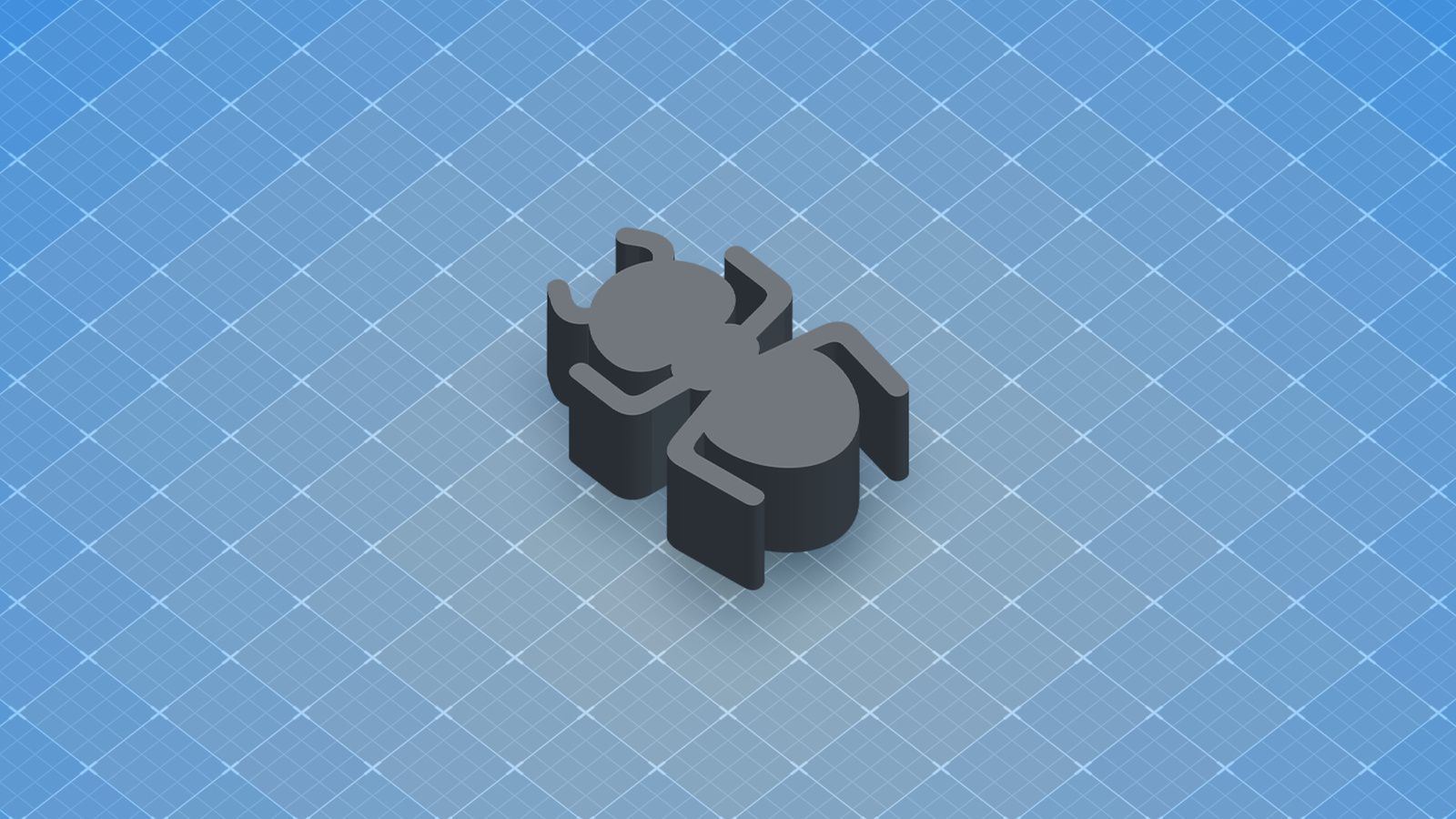



















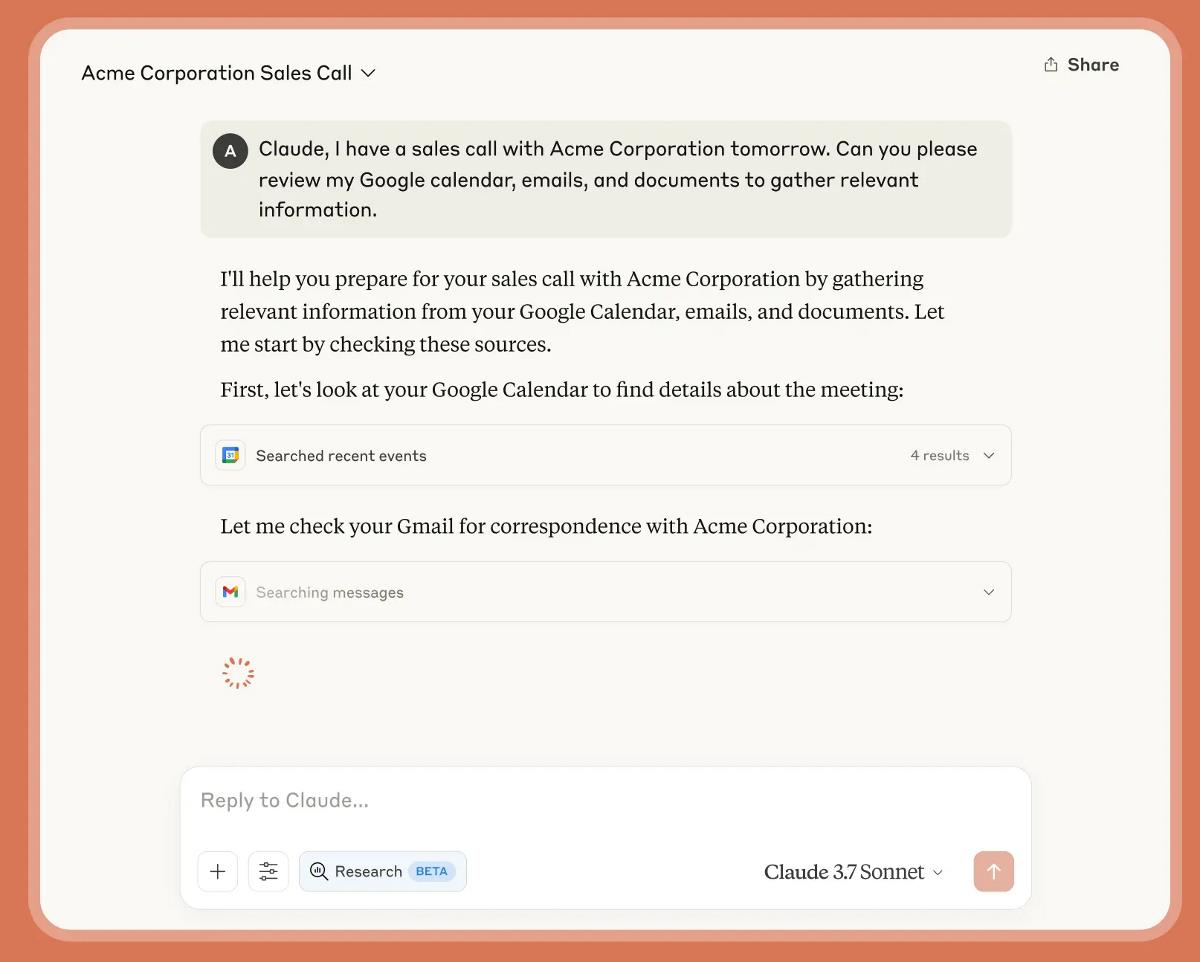



















![Apple to Split Enterprise and Western Europe Roles as VP Exits [Report]](https://www.iclarified.com/images/news/97032/97032/97032-640.jpg)
![Nanoleaf Announces New Pegboard Desk Dock With Dual-Sided Lighting [Video]](https://www.iclarified.com/images/news/97030/97030/97030-640.jpg)
![Apple's Foldable iPhone May Cost Between $2100 and $2300 [Rumor]](https://www.iclarified.com/images/news/97028/97028/97028-640.jpg)


















![CVE security program used by Apple and others has funding removed [U]](https://i0.wp.com/9to5mac.com/wp-content/uploads/sites/6/2025/04/CVE-security-program-used-by-Apple-and-others-under-immediate-threat.jpg?resize=1200%2C628&quality=82&strip=all&ssl=1)







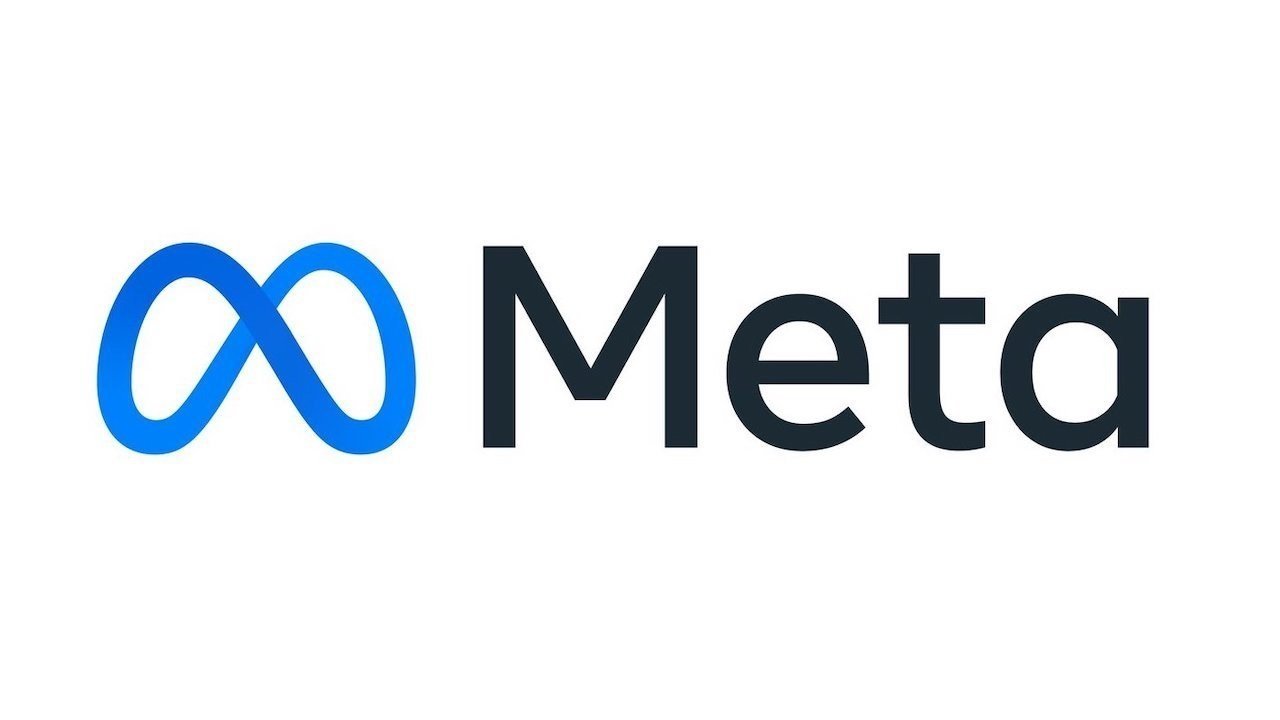









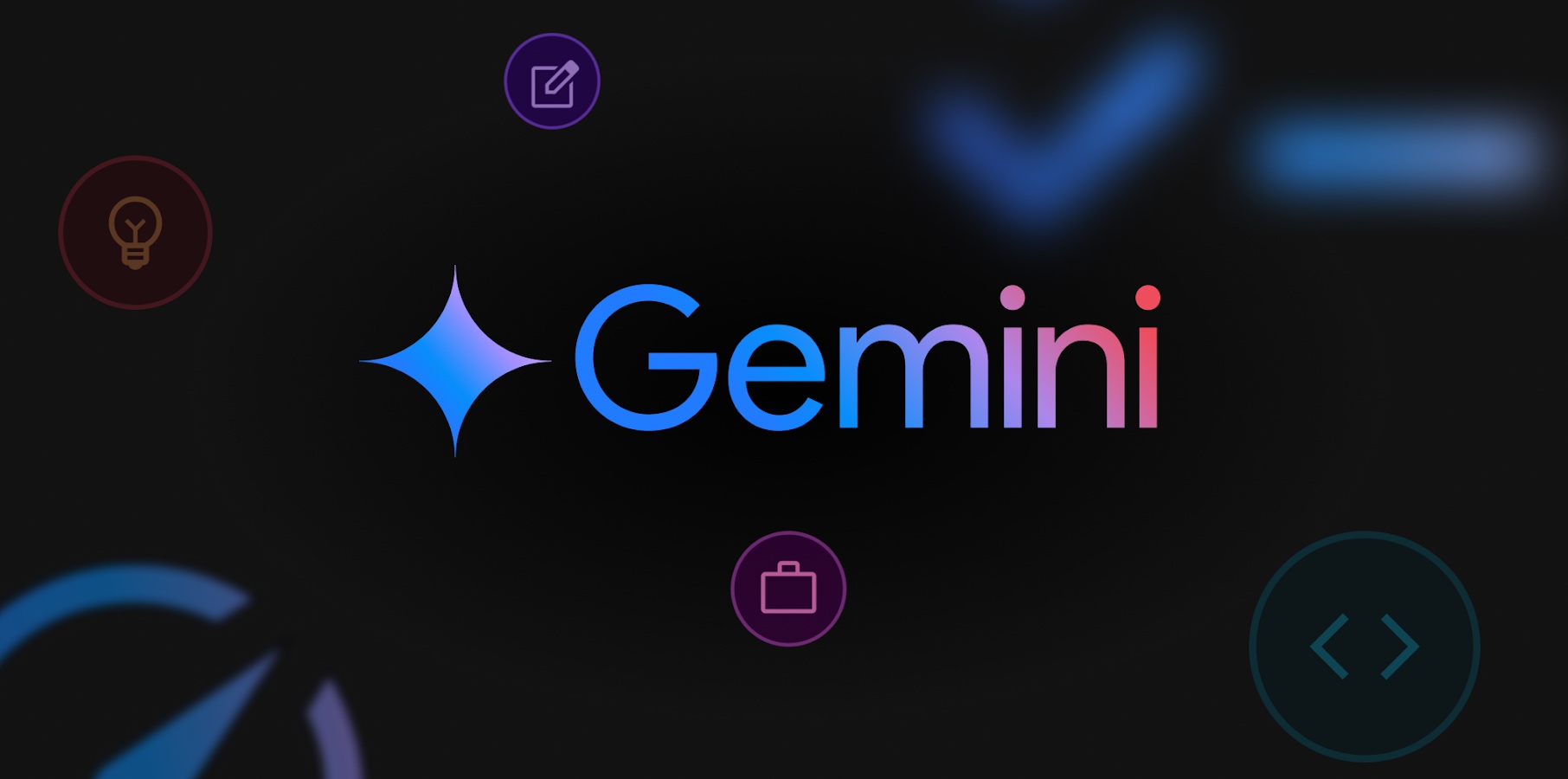
















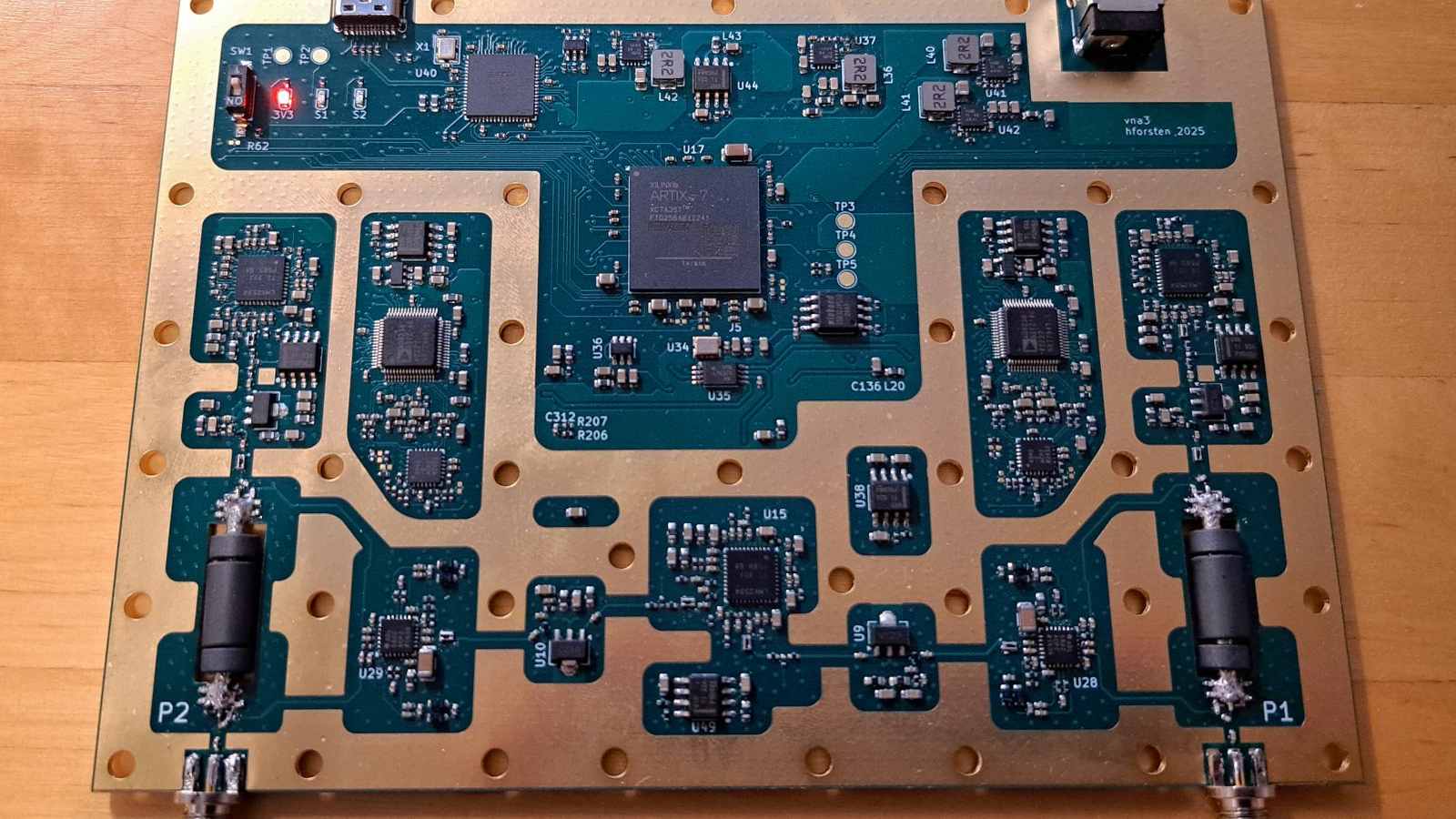
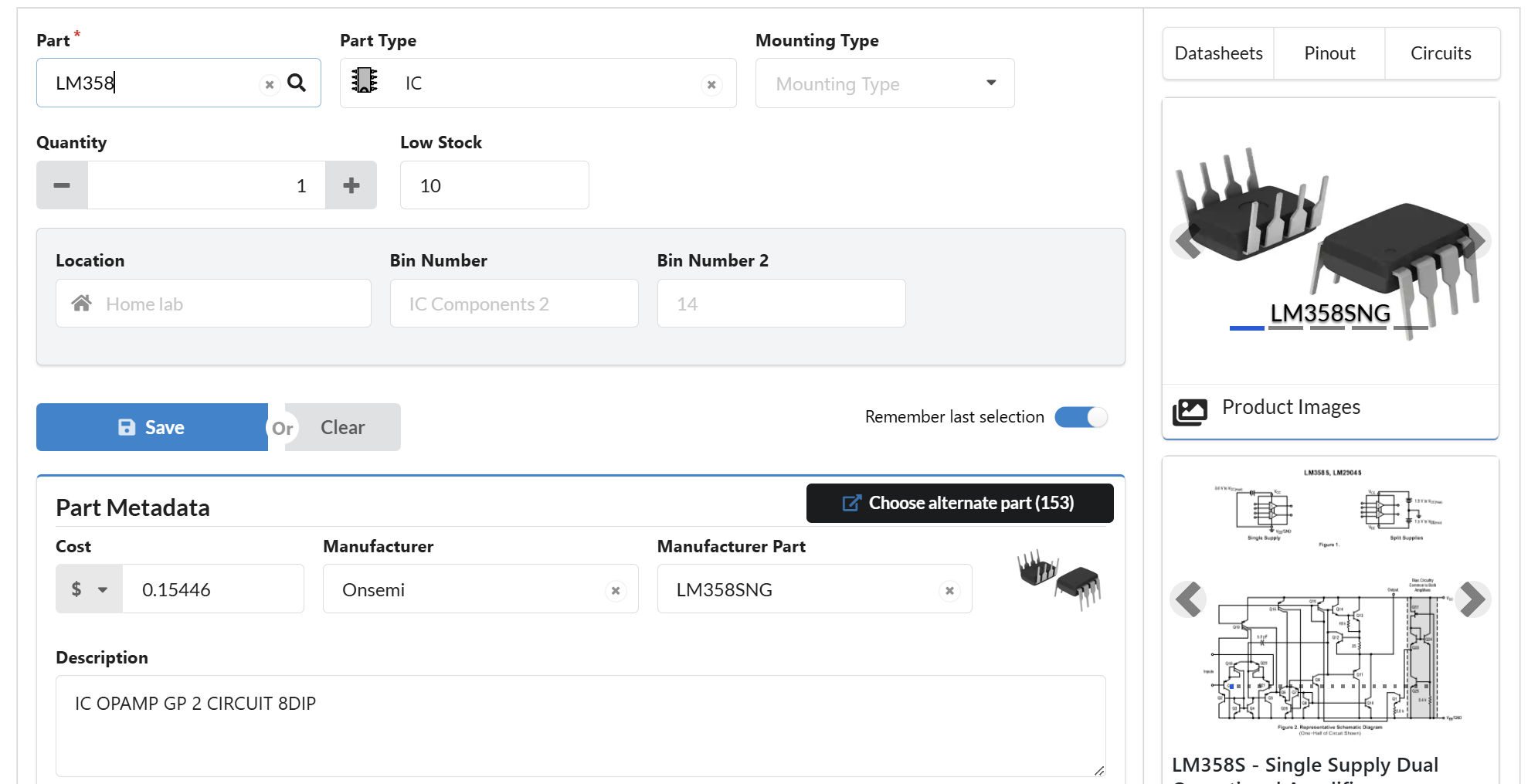
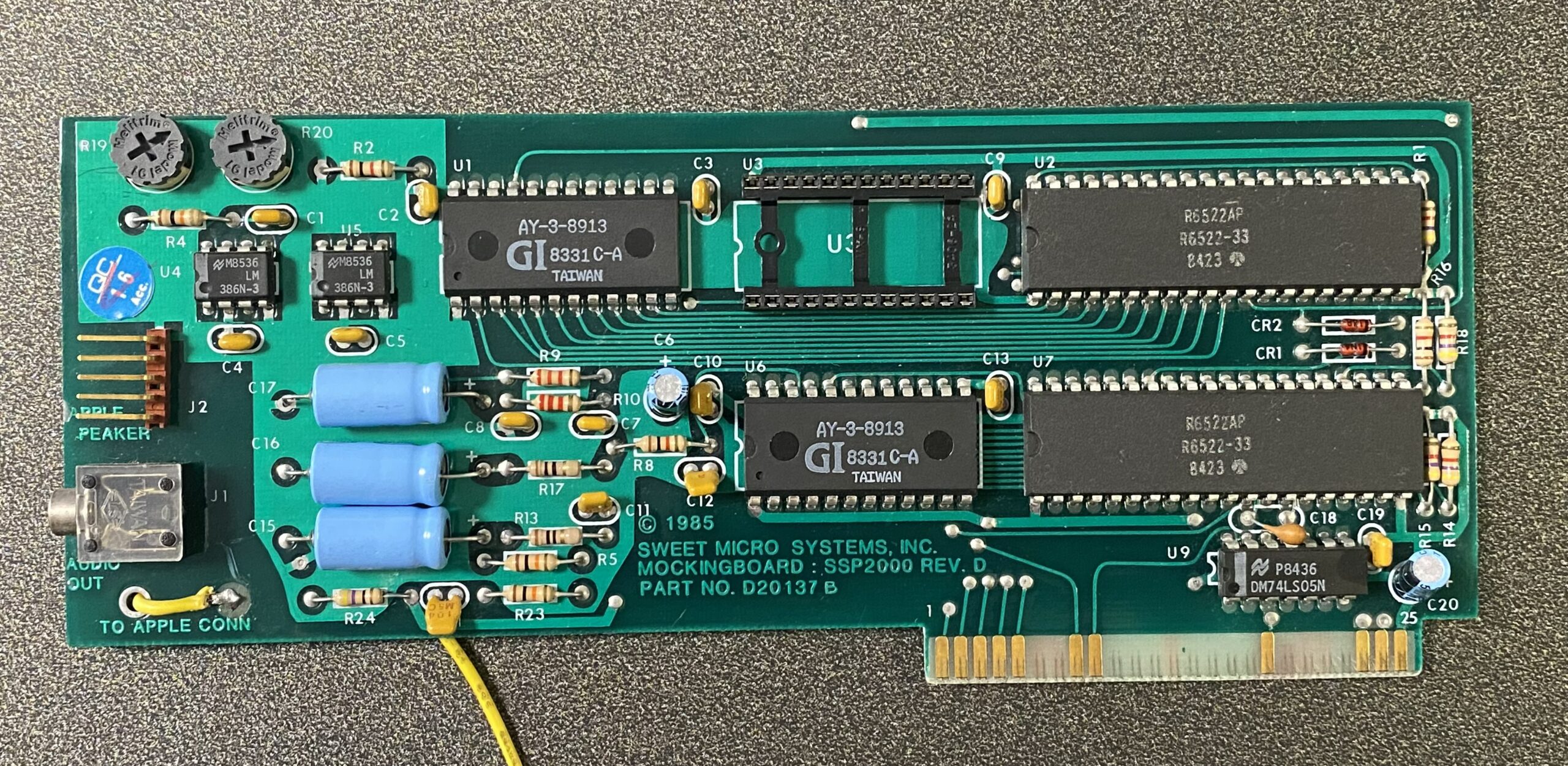
















































.webp?#)



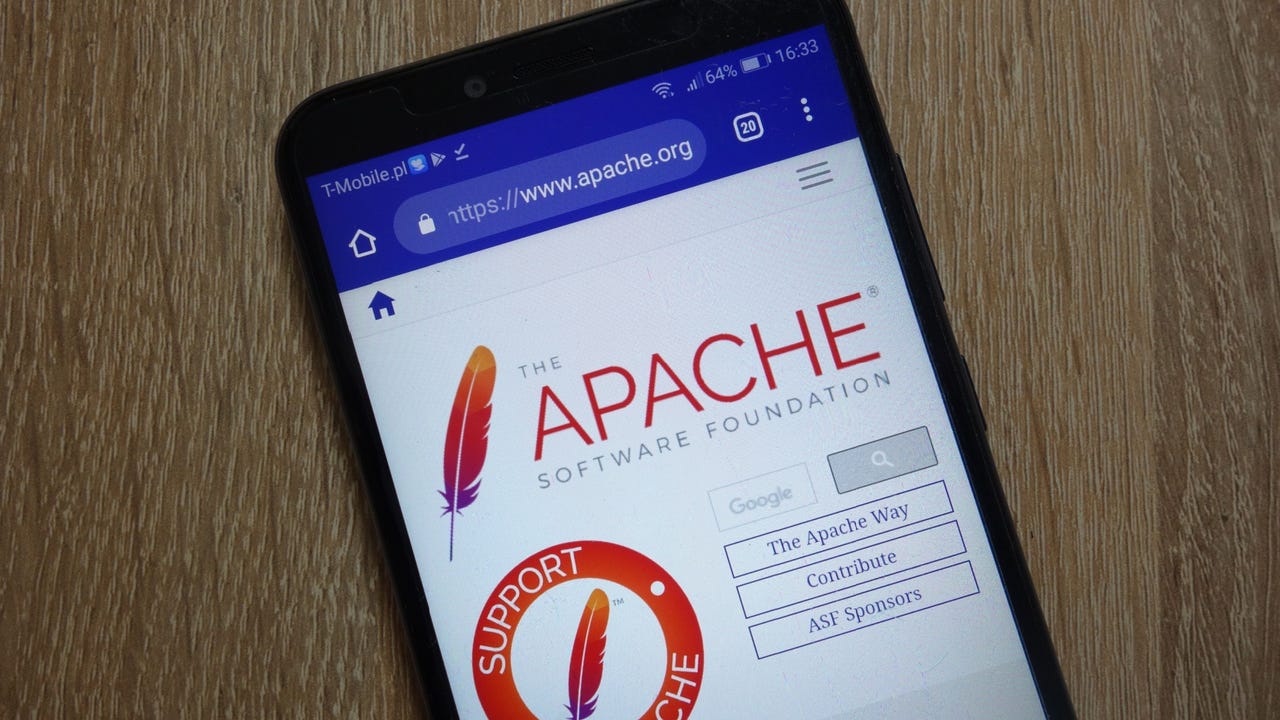









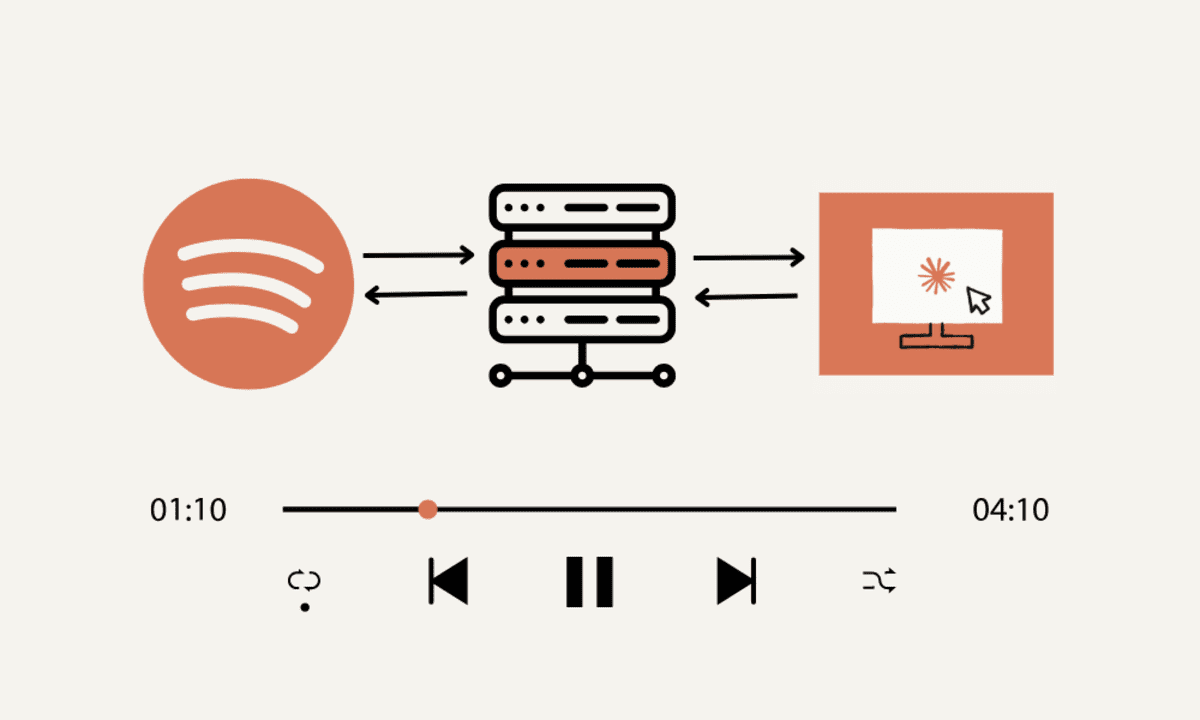






































































![[The AI Show Episode 144]: ChatGPT’s New Memory, Shopify CEO’s Leaked “AI First” Memo, Google Cloud Next Releases, o3 and o4-mini Coming Soon & Llama 4’s Rocky Launch](https://www.marketingaiinstitute.com/hubfs/ep%20144%20cover.png)





























































































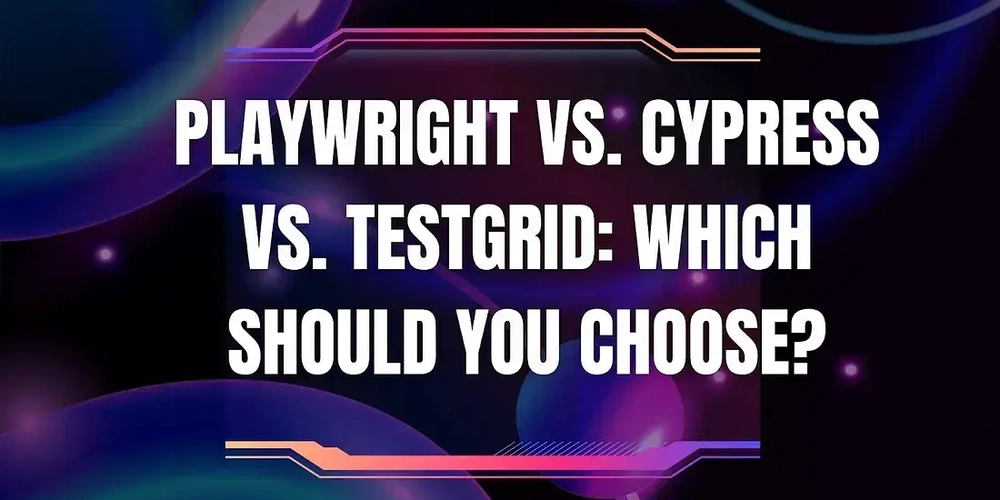





















































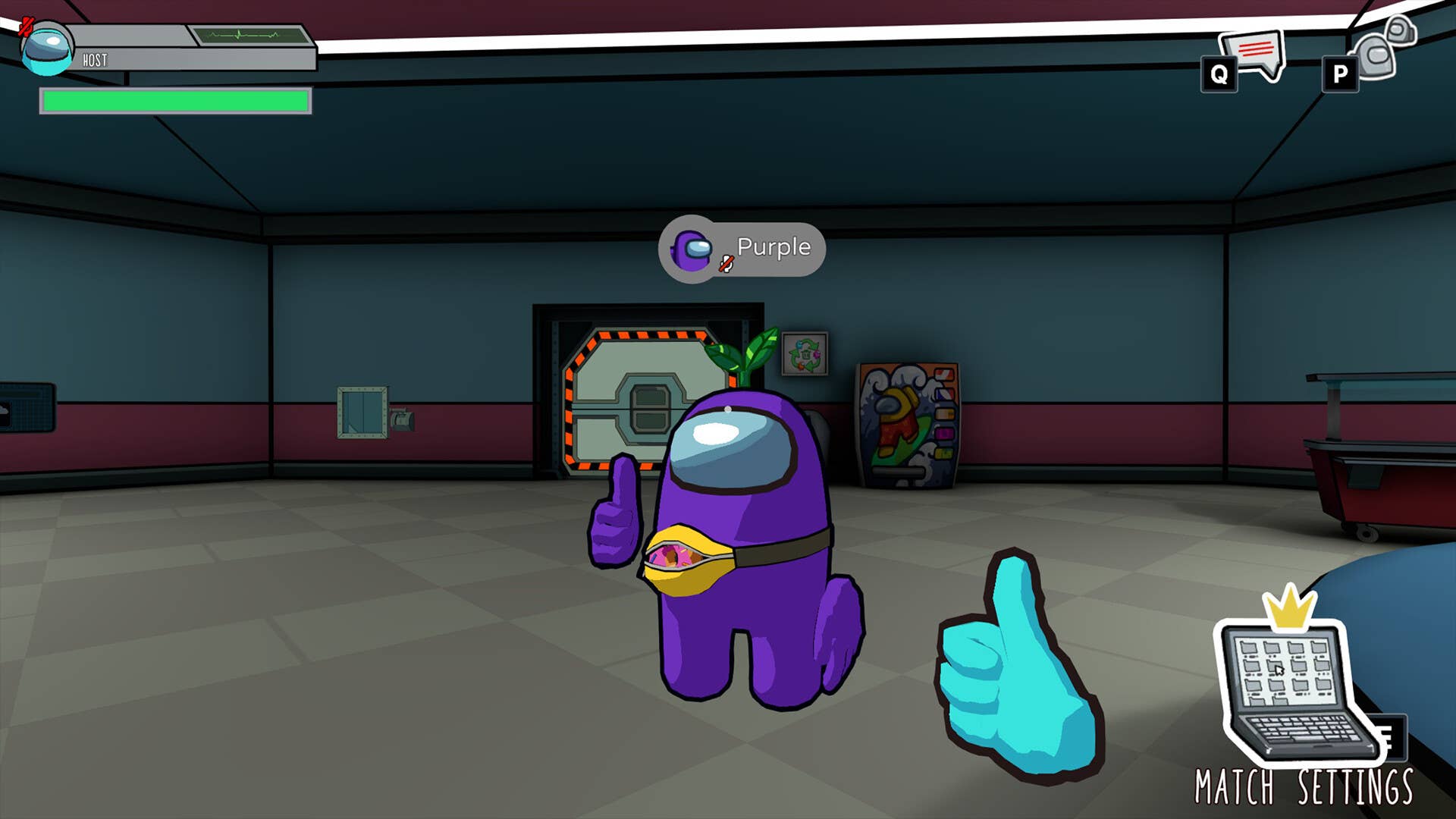

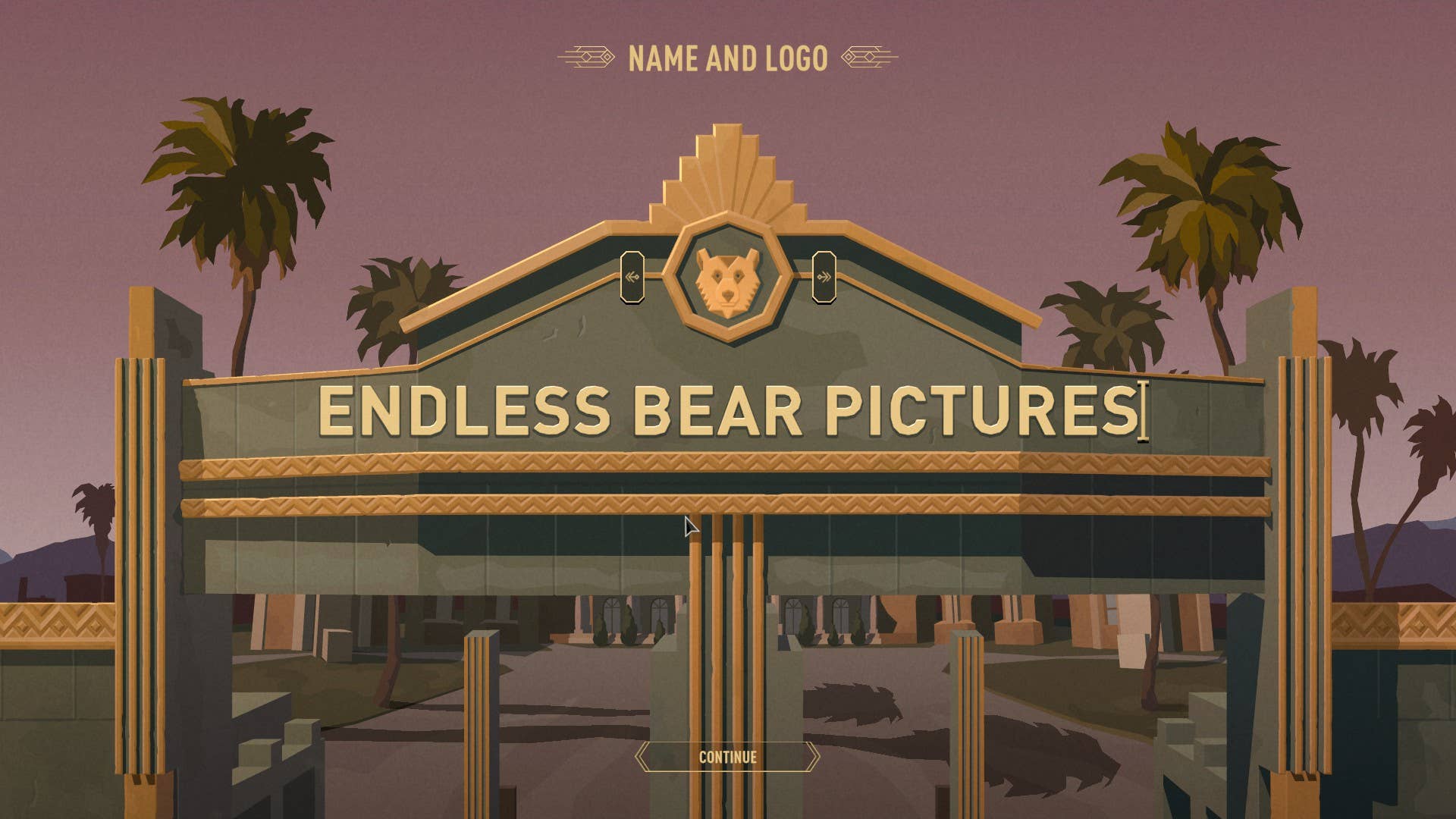



















.jpg?#)


















































